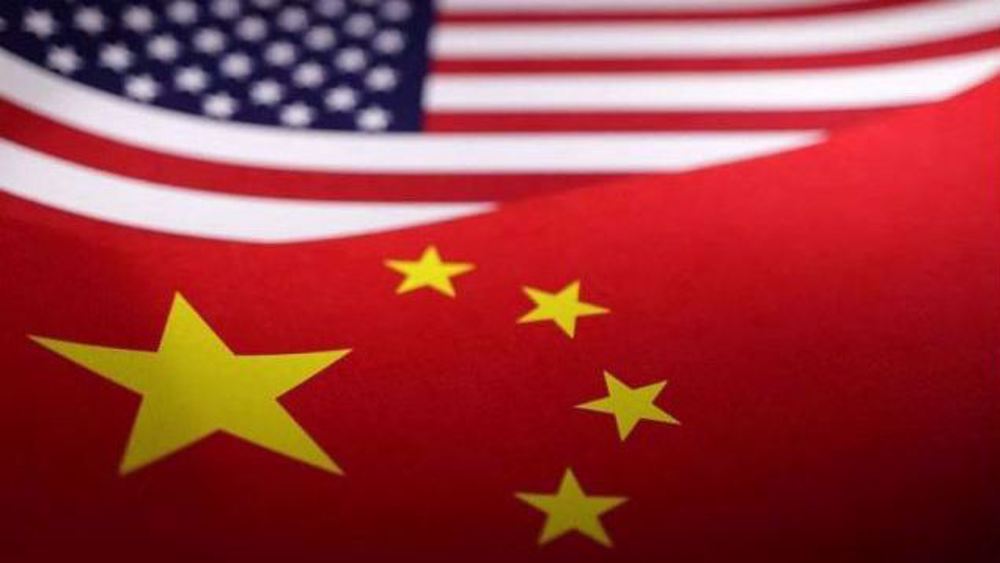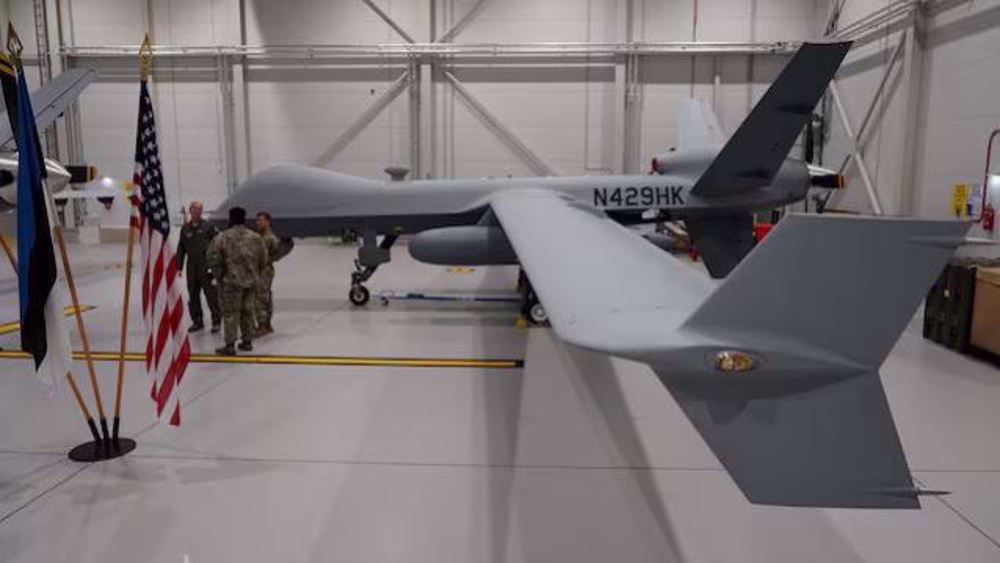US rebuffs China’s anger over THAAD missile system
The United States has once again rebuffed China’s anger over the planned deployment of an advanced missile system in South Korea, insisting that the move is aimed at countering the growing missile threats from North Korea.
US Army Chief of Staff General Mark Milley met his Chinese counterpart Li Zuocheng and other senior People’s Liberation Army leaders in Beijing on Tuesday amid strong Chinese protests over the decision to deploy the Terminal High Altitude Area Defense (THAAD) unit in the South.
General Milley insisted that THAAD was a “defensive measure to protect South Koreans and Americans from the North Korean ballistic missile threat and is not a threat in any way to China.”
Tensions have been running high since last month’s announcement that the US and South Korea had made a final decision to deploy the THAAD system in a base south of Seoul.
Beijing insists the system would threaten security and stability on the Korean Peninsula and put Chinese military assets within the range of US radars.
South Korea argues that the move is purely to defend against North Korea's missile threat.
The decision has been met with angry protests in the country.

On Monday, residents in the rural town of Seongju rallied to denounce the planned deployment. Nearly 1,000 protesters also shaved their heads in public to show their outrage against the move.
Meanwhile, North Korea has threatened to take “physical action” in response to the missile system.
China and the US have also been at odds over the territorial disputes in the South China Sea.
China claims “indisputable sovereignty” over most of the sea, through which more than $5 trillion of trade moves annually, and looks unfavorably upon the continued American military presence there.
General Milley said Washington wanted to maintain open channels of communication with the Chinese military to "reduce the risk of crisis or miscalculation and candidly address differences," the statement said.
Biden vows ‘ironclad’ support for Israel as genocide rages on
Nasrallah condoles with Leader over Pres. Raeisi, companions martyrdom
Iran to hold new presidential elections on June 28
Biden furious over ICC seeking arrest warrants of Netanyahu
VIDEO | President Raeisi was a revolutionary icon: Advisor
US offers condolences over President Raeisi's martyrdom
May 19: ‘Axis of Resistance’ operations against Israeli occupation
Iran envoy assures UN of proper management of affairs after Raeisi's martyrdom













 This makes it easy to access the Press TV website
This makes it easy to access the Press TV website